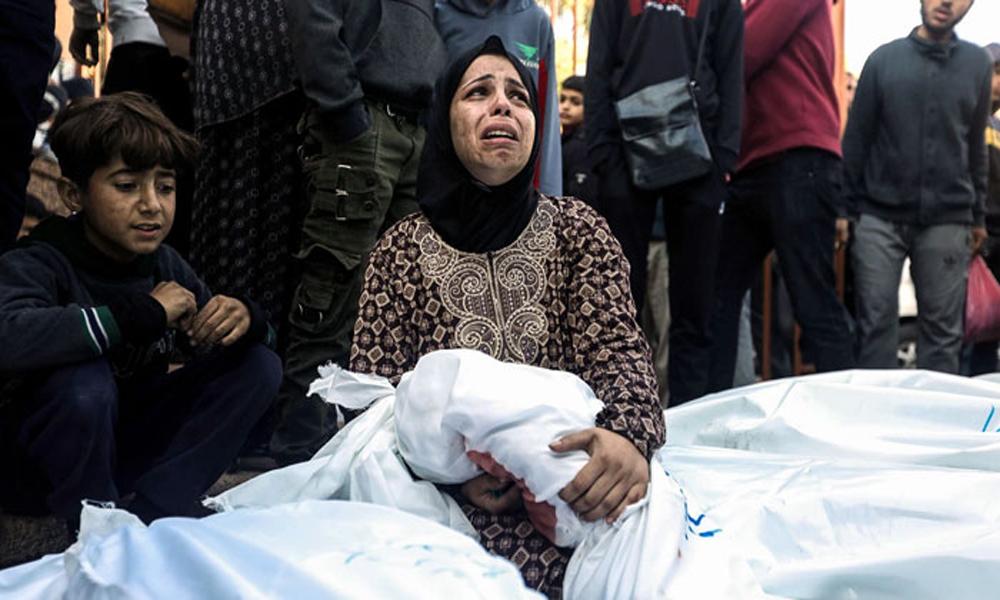The international organization has called for the immediate allowance of crucial provisions, including food, water, fuel, and humanitarian aid, into the beleaguered region.


Gaza: In a stark revelation, Oxfam has condemned the deployment of starvation as a deliberate strategy against the civilian population of Gaza amid the ongoing conflict.
The international organization has called for the immediate allowance of crucial provisions, including food, water, fuel, and humanitarian aid, into the beleaguered region.
Oxfam based its claims on an analysis of UN data, which disclosed that a mere 2% of the anticipated food deliveries have reached Gaza since a comprehensive blockade was enforced on October 9, exacerbating an already challenging situation.
Before the conflict, Gaza relied on a steady flow of supplies, with 104 trucks transporting food daily, equivalent to one every 14 minutes. However, the recent events have dramatically disrupted this lifeline. Over the weekend, despite some 62 trucks of aid gaining entry into southern Gaza through the Rafah crossing, a mere 30 of them contained food, and in some instances, the food was not the primary cargo. This resulted in an alarming statistic, with just one food truck arriving approximately every three hours and twelve minutes since the start of the conflict.
Sally Abi Khalil, Oxfam’s Regional Middle East Director, expressed her dismay over the unfolding situation. She emphasized the humanitarian crisis and the collective suffering of millions of civilians in full view of the international community. Abi Khalil underscored the inhumane nature of using starvation as a weapon of war, demanding immediate action from world leaders. She pointed out that, every day, the situation deteriorates further, affecting children traumatized by relentless bombardment, dwindling drinking water supplies, and now the looming threat of food scarcity.
International Humanitarian Law (IHL) unequivocally prohibits the use of starvation as a method of warfare. As the occupying power in Gaza, Israel is bound by its IHL obligations to ensure the well-being and protection of the local population. This stance is further reinforced by UN Security Council Resolution 2417 from 2018, which explicitly condemns the use of starvation against civilians as a tactic in warfare and declares any denial of humanitarian access a breach of international law.
Oxfam has emphasized that the dire humanitarian situation in Gaza is a clear violation of the principles outlined in the resolution. Clean water, an essential resource, is now in critically short supply, with a mere three liters per person available, far below the minimum of 15 liters recommended by the UN for those in acute humanitarian emergencies. Bottled water stocks are dwindling, and soaring prices have placed them out of reach for average Gaza families.
In a further setback, airstrikes have devastated several bakeries and supermarkets, with some functional ones struggling to meet the demand due to shortages of essentials such as flour and fuel. Gaza's primary wheat mill remains inactive because of power outages. The Palestinian Water Authority has reported that Gaza's water production has dwindled to just 5% of its regular capacity, with the prospect of further reductions without urgent intervention.
Essential food items like flour, oil, and sugar remain stockpiled in warehouses, but the lack of fuel, damaged roadways, and the risk of airstrikes have made their delivery virtually impossible, particularly in Gaza City. Moreover, the electricity blackout has disrupted vital food storage and preservation processes, causing additional hardships.
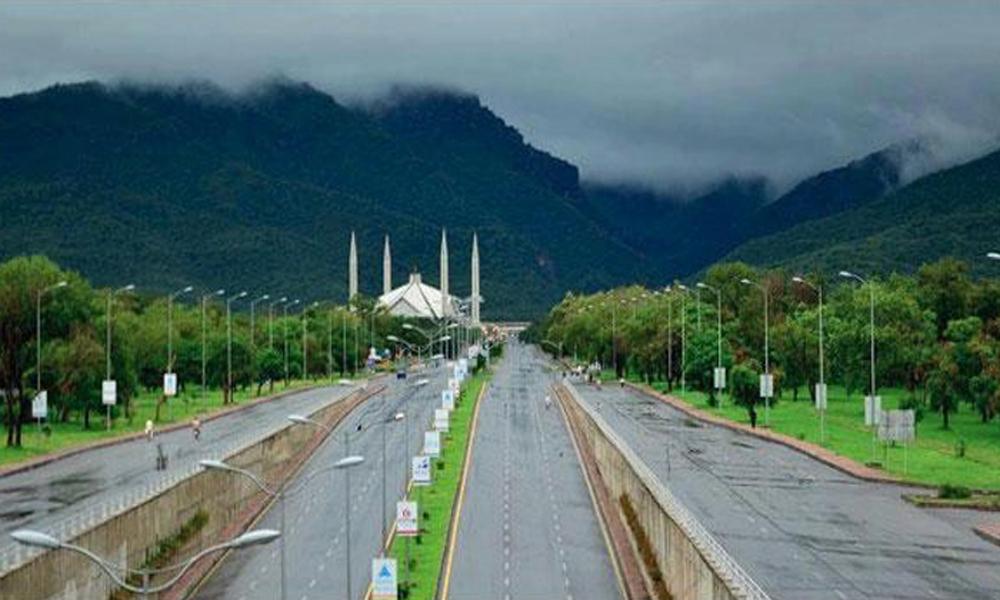
Torrential rain in Islamabad, Rawalpindi
- 5 hours ago

What we're hearing in the transfer window: Liverpool turn to Hato; Arsenal to make moves?
- 8 hours ago

Iranian hackers threaten to leak emails of Trump's close aides
- an hour ago

Govt surges prices of petroleum products
- 6 hours ago
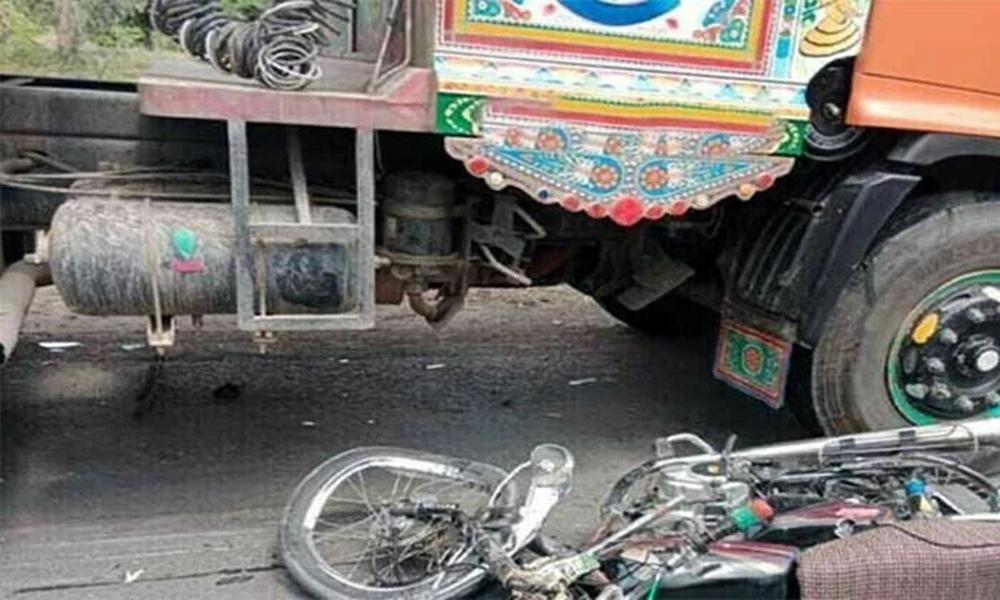
Motorcyclist dies after being hit by water tanker in Karachi
- 2 hours ago
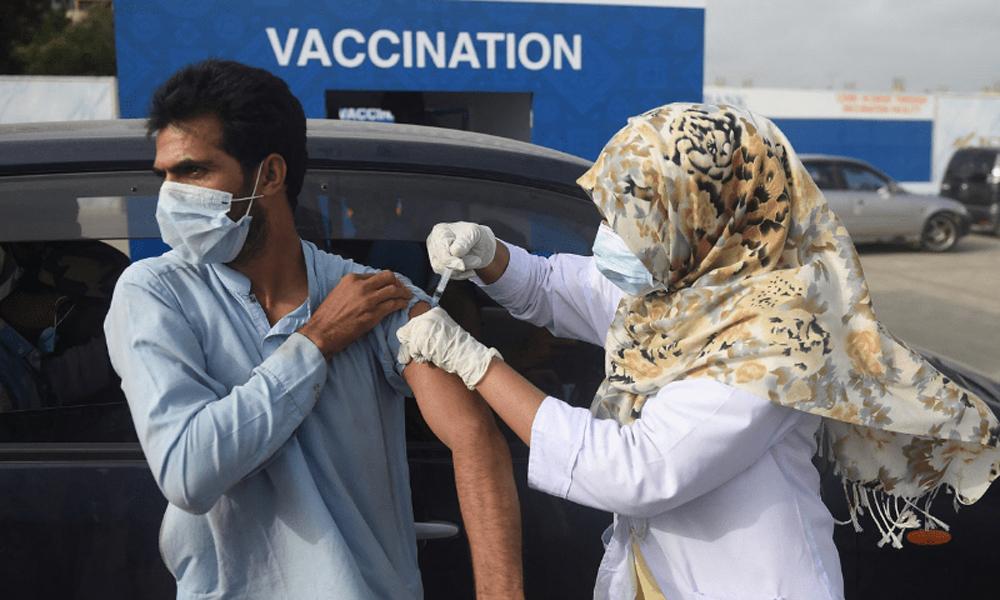
Doctors temporarily recruited during Corona in Sindh fired
- 3 hours ago

Thai court suspends PM over phone call leak
- an hour ago

Shadab Khan suffers shoulder injury, likely to rest for 3 months
- 44 minutes ago
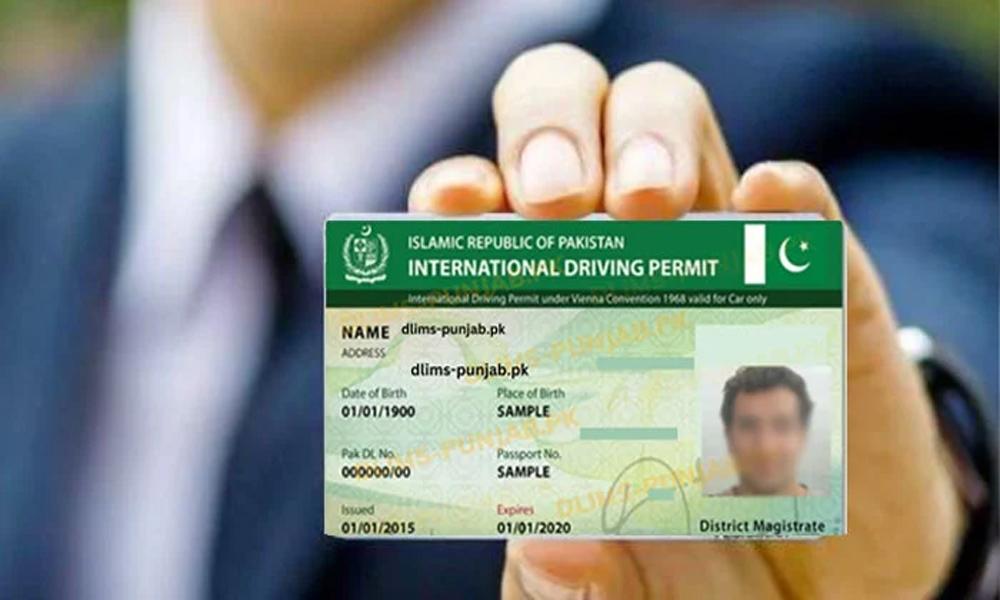
Pakistan's first int’l driving license kiosk set up at Lahore Airport
- 3 hours ago

Petrol, diesel prices increase in Emirates too
- 5 hours ago
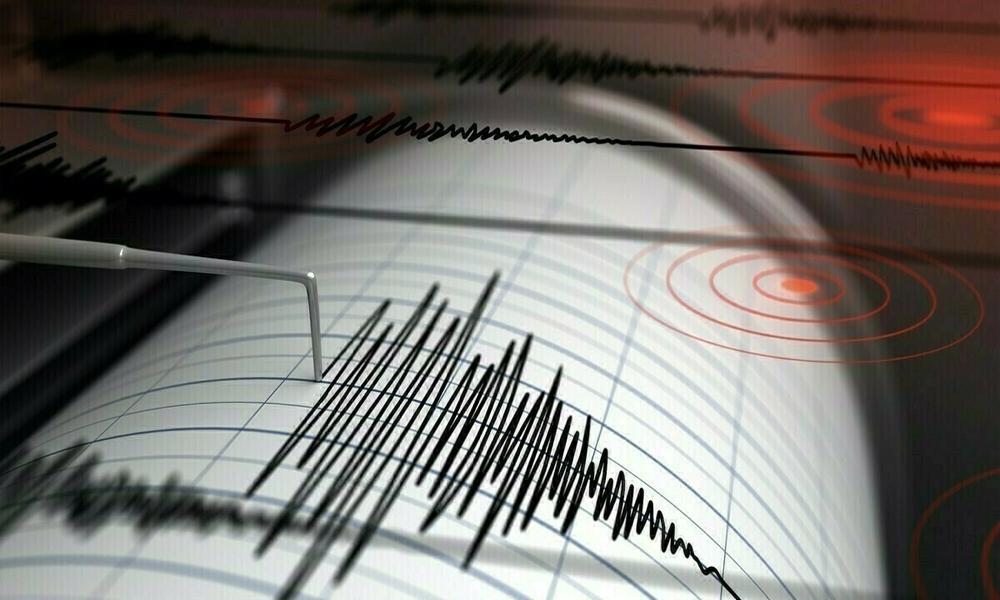
Strong earthquake tremors in Punjab including Lahore
- 2 hours ago
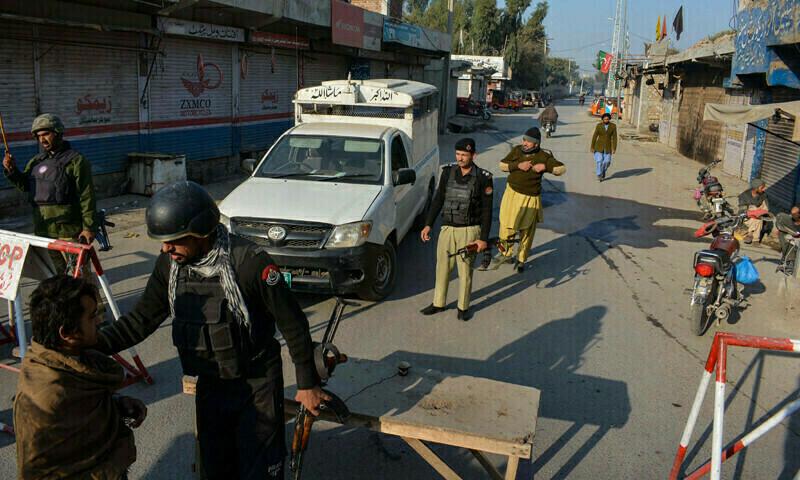
Two terrorists killed in police, CTD joint operation in Bannu
- 2 hours ago




